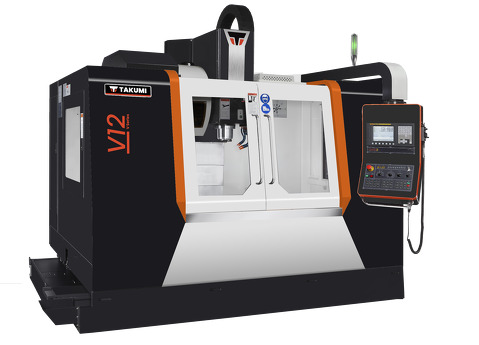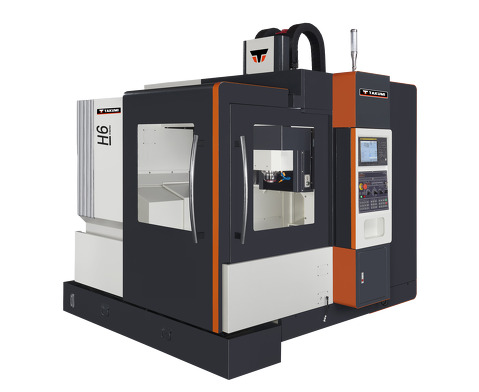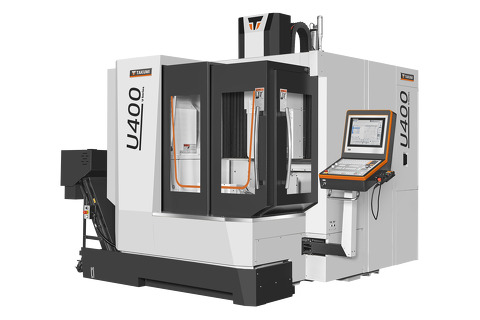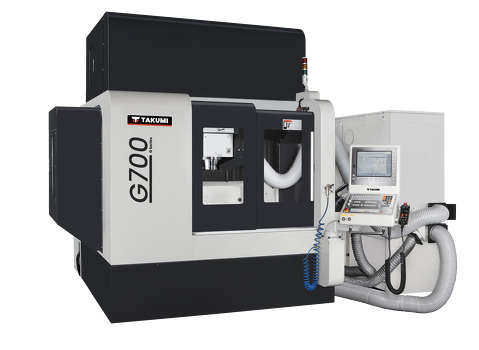- Machining center
- Control
- News & Media
- Company
- Blog
- Contact
Understanding Global Industry Standards for Best CNC Machining Precision Production
In today's rapidly evolving manufacturing landscape, CNC machining precision stands as a pivotal standard for ensuring high-quality production across various industries. According to a report by the International Organization for Standardization (ISO), the global CNC machining market is projected to reach $100 billion by 2027, highlighting the increasing demand for precision engineering in sectors ranging from aerospace to automotive.
 As manufacturers strive to enhance operational efficiency and reduce errors, adhering to established global industry standards becomes imperative. These standards not only serve as a benchmark for quality but also facilitate international trade and promote competitiveness. Understanding these benchmarks is essential for businesses aiming to leverage CNC machining precision for superior product development and cost-effectiveness in today's market.
As manufacturers strive to enhance operational efficiency and reduce errors, adhering to established global industry standards becomes imperative. These standards not only serve as a benchmark for quality but also facilitate international trade and promote competitiveness. Understanding these benchmarks is essential for businesses aiming to leverage CNC machining precision for superior product development and cost-effectiveness in today's market.
Global CNC Machining Industry Overview: Trends and Key Metrics for Precision Production
The global CNC machining industry is currently witnessing a remarkable transformation, driven by technological advancements and a growing demand for precision production. In 2022, the stone processing machine market was valued at $7.56 billion, with projections indicating a rise to $11.45 billion by 2034. This upward trajectory reflects the robust interest in sophisticated machining technologies that can enhance manufacturing efficiency and accuracy. Factors such as the increasing complexity of components and the shift towards automation are contributing to this growth.
In addition to stone processing, the Zero Point Clamping System market is experiencing substantial expansion, fueled by the need for improved precision in machining. Similarly, the global grinding machinery market, estimated at approximately $5.94 billion in 2024, is set for significant growth, reaching $7.68 billion by 2030. These trends underline a broader movement towards precision engineering, highlighting the essential role of innovations like Computer Numerical Control (CNC) machines, which are projected to command a market value of $84.6 billion by 2030. As industries continue to evolve, staying abreast of these developments is crucial for manufacturers aiming to optimize their CNC machining processes and maintain competitive advantages in a rapidly changing landscape.
Importance of ISO Certifications in CNC Machining for Global Competitiveness
In today's global manufacturing landscape, securing ISO certifications is crucial for businesses involved in CNC machining. These standards ensure not only quality and precision in production but also enhance a company's competitiveness in the international market. Companies that adopt ISO certifications demonstrate their commitment to maintaining high standards in quality management, reducing waste, and improving operational efficiency. This not only boosts the credibility of the manufacturer but also builds trust with clients around the world, paving the way for expanded market reach.
To navigate this competitive environment, businesses should consider these tips: First, invest in employee training programs that focus on understanding and implementing ISO standards. Well-trained staff is key to maintaining quality and meeting certification requirements. Second, continuously monitor and refine production processes to align with ISO benchmarks, ensuring that improvements are consistently made. Lastly, engage with industry experts to stay updated on changes in standards and best practices, thereby remaining ahead of the competition. By prioritizing ISO certifications, CNC machining companies can significantly enhance their global presence and operational success.
Understanding CNC Machining Precision Production Standards
This bar chart represents the number of certified CNC machining facilities across different ISO certification standards. The data indicates the importance of ISO certifications in enhancing global competitiveness in CNC machining precision production.
The Role of Compliance in CNC Machining: Understanding Industry Standards and Regulations
In the realm of CNC machining, compliance with industry standards and regulations is paramount to achieving optimal precision and safety in manufacturing processes. As we look ahead to the new safety measures set to take effect on January 1, 2025, there is a growing emphasis on enhanced workplace safety and health standards, particularly for higher-risk machinery and combustible dust environments. These regulations will not only influence larger manufacturing entities but will also significantly impact micro, small, and medium enterprises (MSMEs), prompting a reassessment of compliance strategies to maintain operational efficiency while adhering to stringent requirements.
Understanding the implications of these regulations is essential for manufacturers aiming to sustain their competitive edge. The CNC machining sector is projected to continue its robust growth, underpinned by advancements in technology and increased demand across various industries, including automotive and healthcare. By embracing compliance as a core principle, companies can ensure they meet not only legal requirements but also the expectations of customers for quality and safety. This shift towards a culture of compliance will ultimately foster innovation and elevate standards within the CNC machining industry, paving the way for a more secure and efficient manufacturing landscape.
Impact of CNC Machining Standards on Export and Import Processes Across Regions
The CNC machining industry plays a pivotal role in global trade, significantly impacting export and import processes across various regions. As the global stone processing machine market was valued at $7.56 billion in 2022 and is projected to grow to $11.45 billion by 2030, the importance of adhering to international CNC machining standards has become increasingly crucial. These standards not only ensure quality and precision in manufacturing but also facilitate smoother trade relationships, enhancing competitiveness among exporting countries.
Moreover, the machine tools market, expected to grow from $81.09 billion in 2025 to $105.11 billion by 2030, signifies the rising demand for standardized CNC machining practices. As countries strive to enhance their industrial capabilities, non-tariff barriers (NTBs) related to compliance with these standards have surfaced, particularly impacting developing nations. Addressing these barriers is essential for increasing participation in global supply chains and maximizing export potential, allowing regions to leverage their manufacturing strengths while conforming to international norms.
Future Directions for CNC Machining Precision: Emerging Standards and Technological Innovations
As the CNC machining industry evolves, the emergence of new standards and technological innovations is poised to reshape precision production. One of the key trends observed is the integration of automation and artificial intelligence. These technologies facilitate real-time monitoring and adaptive machining processes, ensuring higher levels of accuracy and efficiency. By implementing smart systems that learn from production data, manufacturers can minimize defects and reduce waste, driving overall productivity.
Moreover, sustainability is becoming a crucial focus within CNC machining. Emerging standards emphasize environmentally responsible practices, such as optimizing energy consumption and minimizing material waste. This shift not only meets regulatory requirements but also aligns with consumer demands for greener manufacturing processes. As businesses adopt these innovations, the potential for enhanced quality and sustainability in CNC machining will pave the way for a more competitive and responsible industry.



